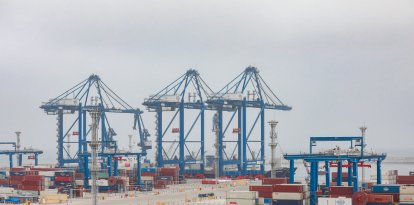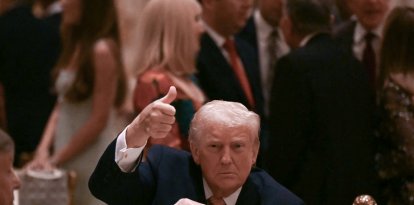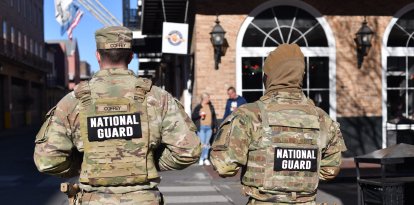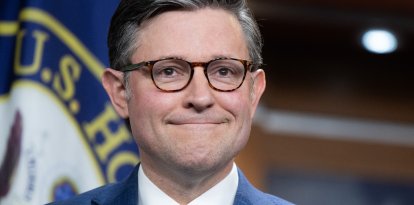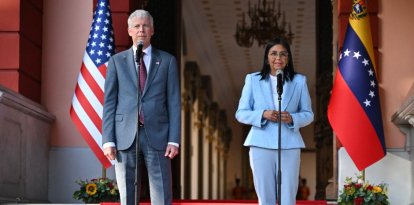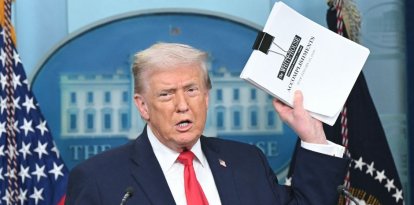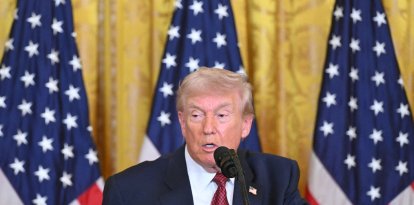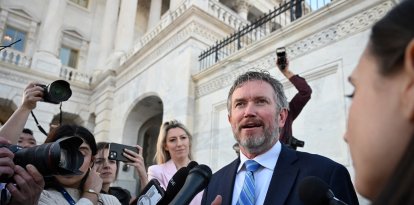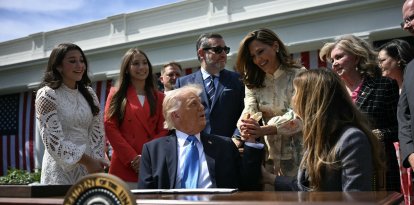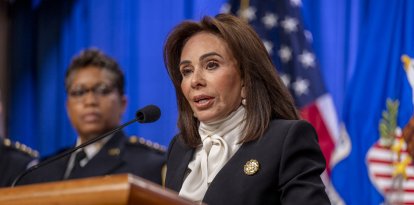Donald Trump names Kevin Marino as future ambassador to Panama
The announcement comes on the heels of the president-elect's statements about control of the interoceanic canal and fears that it could fall into Chinese hands.

Trump's messages on Kevin Marino's appointment and Panama
Donald Trump has chosen his next ambassador to Panama. In the midst of the controversy over the president-elect's statements about the control of the canal that connects the Atlantic with the Pacific, Kevin Marino Cabrera has emerged as Trump's choice to handle relations with the government of José Raúl Mulino.
Kevin Marino Cabrera is a commissioner of Miami-Dade County. He is a profile of the America First environment, close to Donald Trump. He participated in his 2020 campaign and also had the support of the president-elect when he ran for the vice presidency of the Republican Party in Florida.
In Donald Trump's words, Kevin is an expert on Latin American politics and dynamics. In Panama, José Raúl Mulino won the recent presidential elections of 2024 and for the moment he has been inclined to maintain good relations with the White House. He demonstrated this with his statements about controlling immigration through the Darien jungle, the natural border that separates Panama from Colombia and through which hundreds of thousands of immigrants pass every year to get to the United States.
However, Mulino responded forcefully to Trump's statements about control over the Panama Canal. The Panamanian president assured on Monday that the canal is "Panama's and will remain so." Following this response, Donald Trump again sent a message to Mulino and the Panamanian authority that manages the canal.
The president-elect, through social networks, wished a Merry Christmas to "the soldiers of China, who are lovingly, but illegally, operating the Panama Canal." He added that the United States is the one investing "billions" in repairing the infrastructure and recalled that the construction of the canal was a U.S. effort. A Hong Kong-based company controls two ports near the canal, but China has no control over the interoceanic passage.
A U.S. construction
In 1977 Panamanian nationalist leader Omar Torrijos and President Jimmy Carter signed treaties allowing the canal to be transferred to Panama on December 31, 1999. Full control of the canal passed to Panama in 1999, which created a ministry and a state authority to manage it.
The 80-km-long interoceanic waterway is operated by the Panama Canal Authority (ACP), an autonomous public entity.
Its functions are described in the Constitution, which states that the canal "constitutes an inalienable patrimony of the Panamanian Nation" and is open to vessels "of all nations."
The United States, with 74% of the cargo, and China, with 21%, are its main users. They are followed by Japan, South Korea and Chile.
The Panamanian government sets, at the request of the ACP, the price of tolls based on the needs of the canal and demand in international trade.














